detail profile pascoal da concei c3 a7 c3 a3o
Peran Yang Di Mainkan Pascoal da Conceição
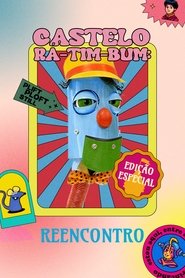 Almost 30 years since Castelo RTimBum premiered...
Almost 30 years since Castelo RTimBum premiered...Castelo Rá-Tim-Bum: Reencontro 2023
Almost 30 years since "Castelo Rá-Tim-Bum" premiered, the cast and crew of the famous children's program from the 90s reunite to talk about the backstage and the aftermath of one of the greatest achievements in Brazilian television history.
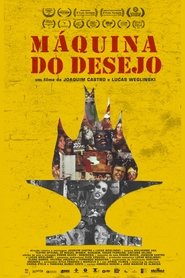 In six decades Teatro Oficina has...
In six decades Teatro Oficina has...Desire Machine: 60 Years of Teatro Oficina 2021
In six decades, Teatro Oficina has done more than revolutionize theatrical language in the country: the aesthetic influence of José Celso Martinez Corrêa's company extends from Tropicalism to the renewal of Brazilian audiovisual languages from the 1960s onwards. The film revisits a story that it involves personalities such as Caetano Veloso, Glauber Rocha, Lina Bo Bardi, Chico Buarque and Zé do Caixão, brings together scenic art, ecology, architecture and sexuality, and mixes art and life in the search for a Brazilian based language.
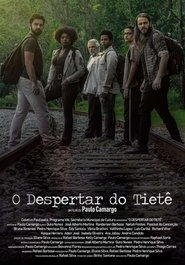 A group of young people will...
A group of young people will...O Despertar do Tietê 2020
A group of young people will camp by the river for university work, but they will encounter supernatural and folkloric things from the river.
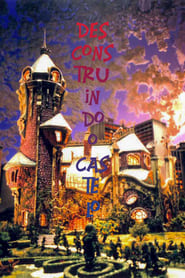 A documentary about the educational childrens...
A documentary about the educational childrens...Desconstruindo o Castelo 2012
A documentary about the educational children's TV show Castelo Rá-Tim-Bum that originally ran from 1994 to 1997 and shown to this day on Brazilian public television.
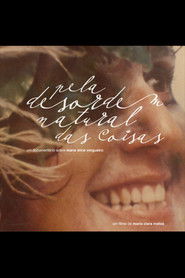 A deep dive into the life...
A deep dive into the life...Pela Desordem Natural das Coisas 2012
A deep dive into the life and work of Brazilian actress Maria Alice Vergueiro. The documentary explores her turbulent beginning in the theatrical world, highlighting her strength and courage during the Military dictatorship in Brazil, which culminated in the foundation of the Teatro do Ornitorrinco.
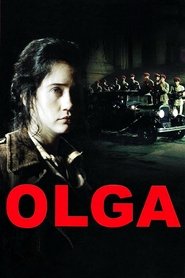 Based upon the true story of...
Based upon the true story of...Olga 2004
Based upon the true story of Olga Benário, the German-born wife of Brazilian communist leader Luís Carlos Prestes. During the dictatorship of Getúlio Vargas (1930-1945) she was arrested and sent to Nazi Germany, where she was put to death in a concentration camp. After World War II began, Vargas decided to uphold the Allies.
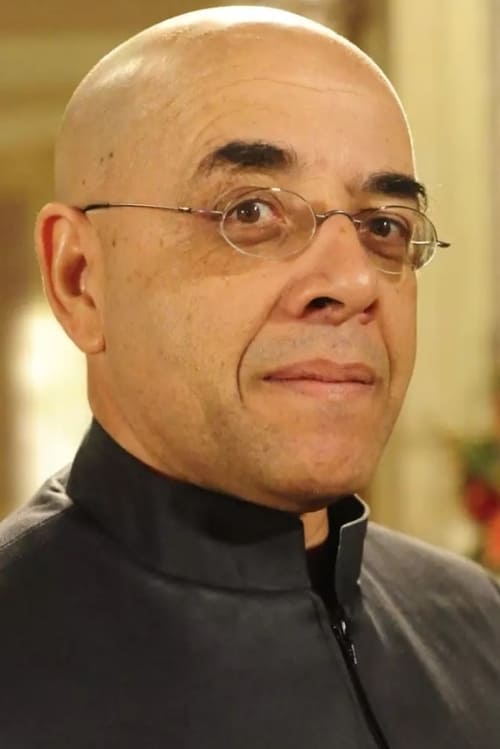
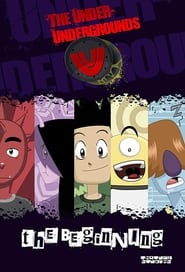 When a rejected guitar player falls...
When a rejected guitar player falls...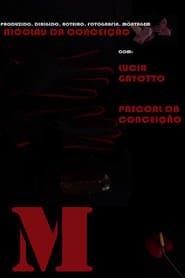
 The Devil himself comes to Earth...
The Devil himself comes to Earth...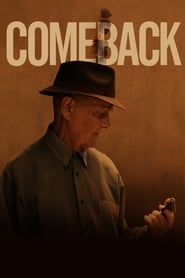 Amador is a retired and ostracized...
Amador is a retired and ostracized...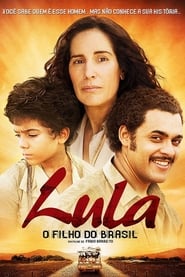 The true story of a working...
The true story of a working...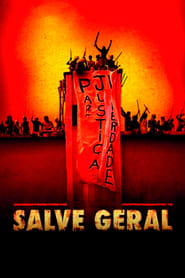 Year 2006 There are riots in So...
Year 2006 There are riots in So...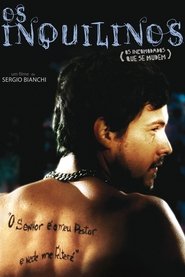 Valters life turns upsidedown when a...
Valters life turns upsidedown when a...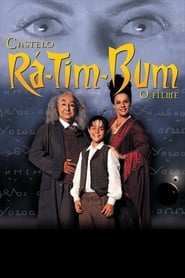 A young wizard must create new...
A young wizard must create new...